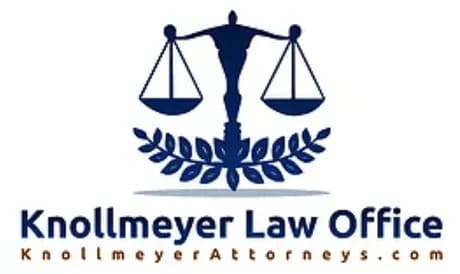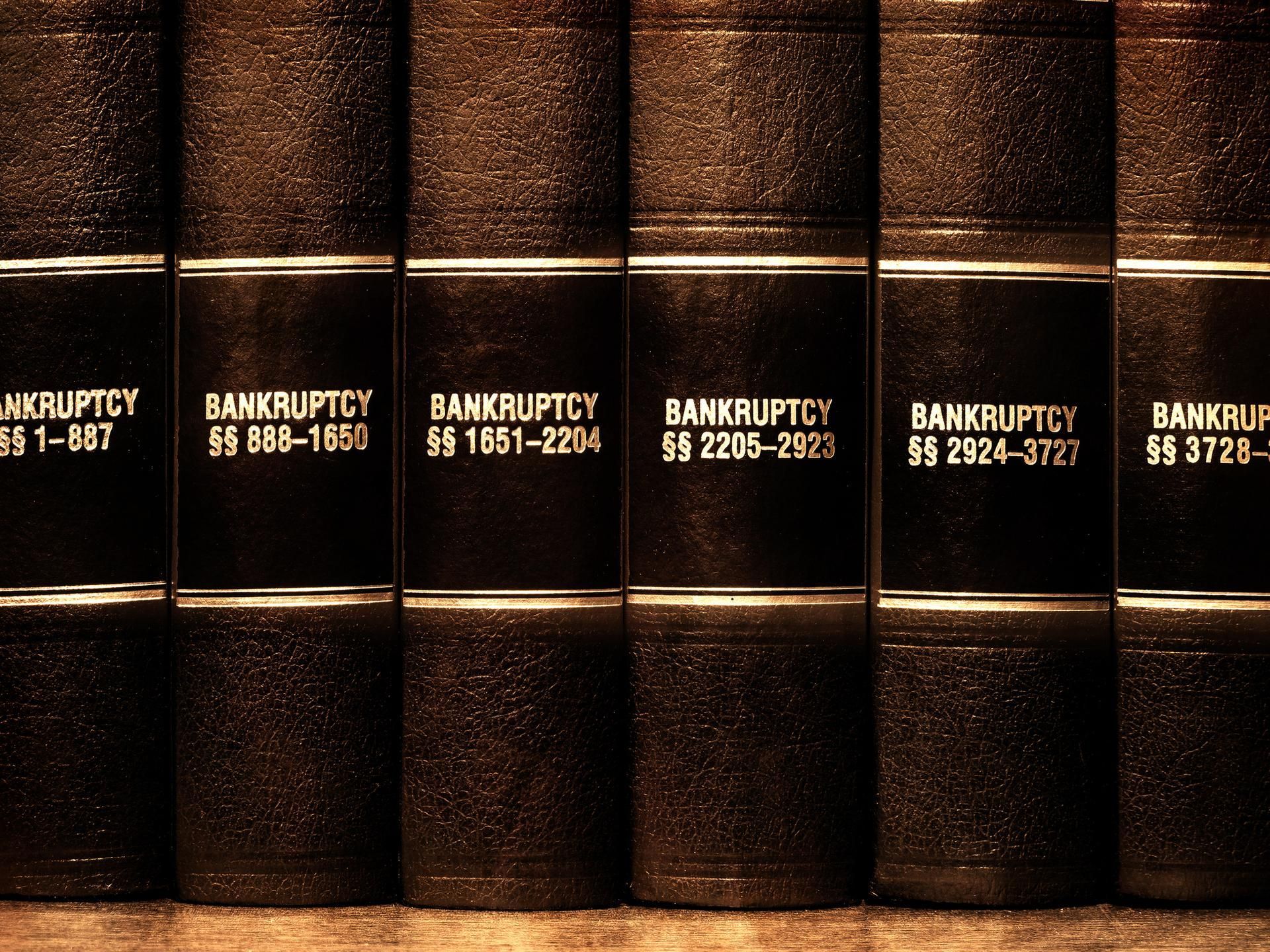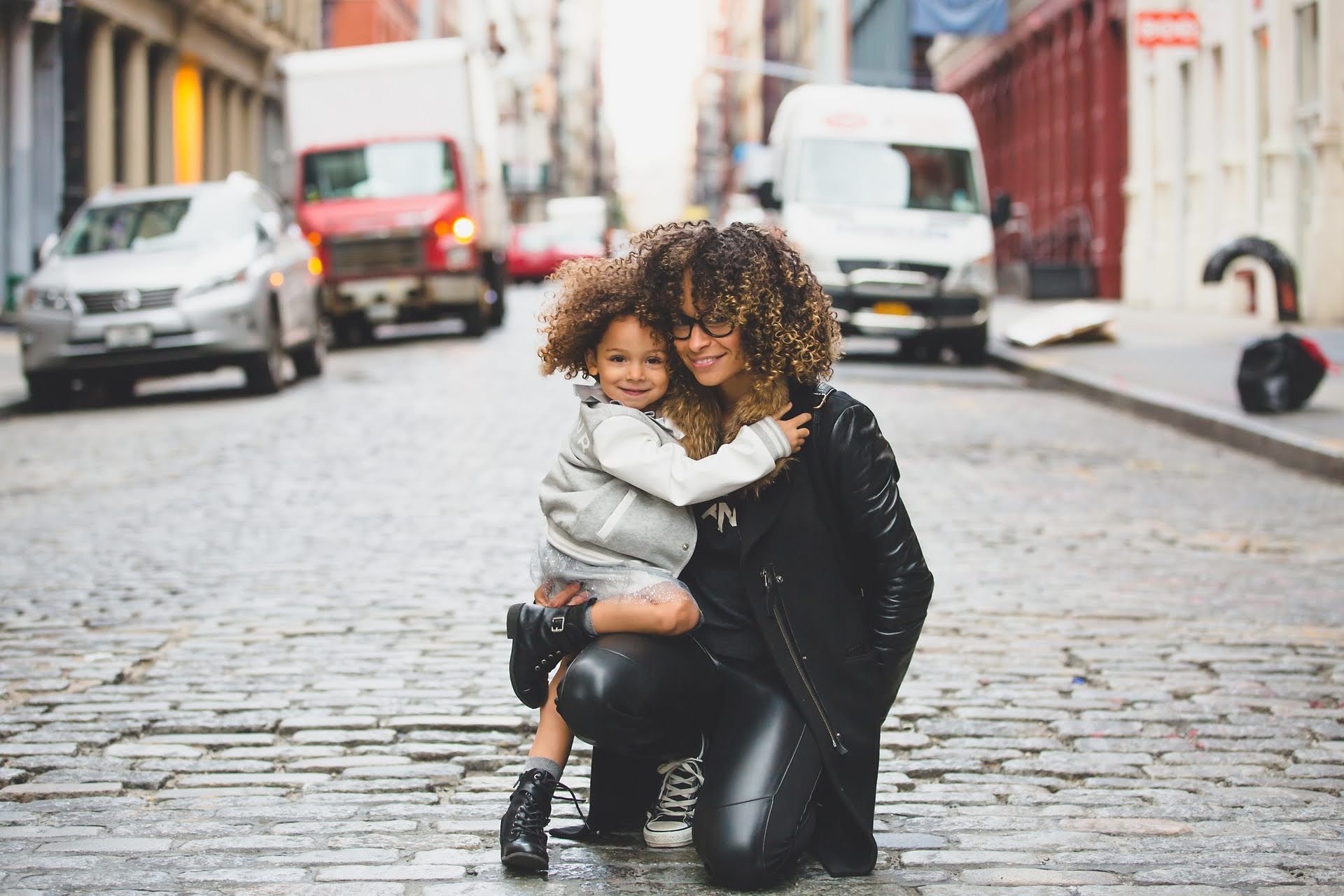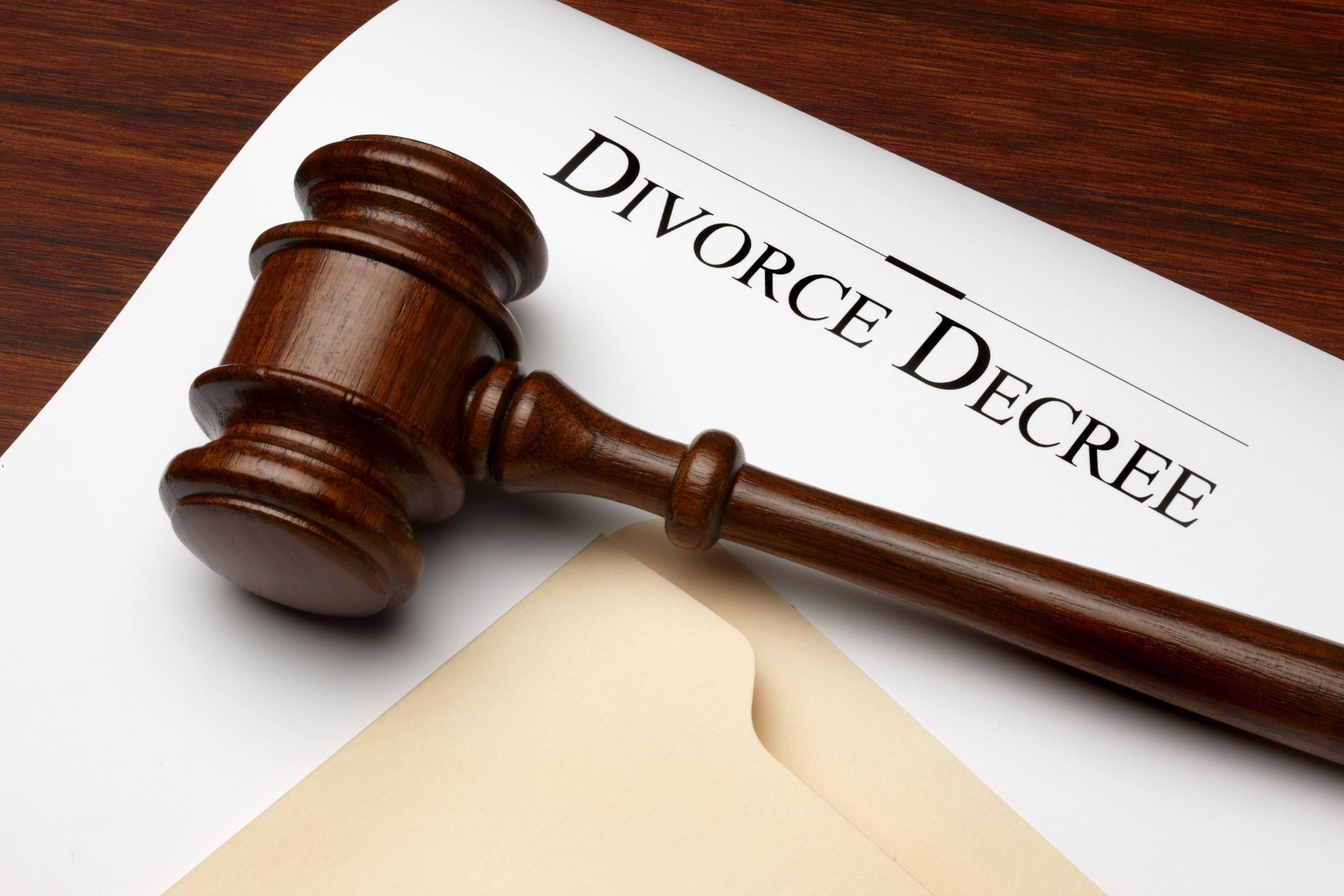The Role of the Trustee in a Chapter 7 Bankruptcy Petition
As you embark on your Chapter 7 bankruptcy journey, understanding the role of the trustee could significantly impact the process. This pivotal person operates as the neutral third party. This article will walk you through everything you need to know about a trustee's role in a Chapter 7 bankruptcy petition.
They Review the Bankruptcy Petition
The duty of the Chapter 7 trustee is to verify the validity and accuracy of the bankruptcy request, schedules, and summary of financial accounts submitted by the debtor. The trustee also reviews the debtor's possessions, revenue, and financial records including paychecks, tax returns, and bank records to ensure the information in the bankruptcy application is accurate and to look for signs of fraud or misuse.
The trustee checks the bankruptcy plans to make sure the debtor accurately reported the value of their assets and also looks into the debtor's spending behaviors before the bankruptcy filing, like taking on additional obligations or selling off assets, to make sure that no deceit or wrongdoing occurred during and after the filing.
If the trustee discovers discrepancies between the facts in the application and what they find through their review, the debtor may be asked to furnish additional documents.
The trustee must also verify the debtor includes every relevant debt in the list of creditors. The trustee will decide if the filing is valid and should proceed after reviewing all relevant paperwork.
They Reverse Applicable Transfers and Payments
The Chapter 7 trustee has the responsibility of undoing specific transfers and settlements executed by the debtor before the submission of the bankruptcy petition when the debtor seeks refuge under Chapter 7. Any sums paid or other arrangements made to creditors by the debtor in the 90 days before the bankruptcy filing are the first consideration for the Chapter 7 trustee.
If the creditor is a relative, business partner, or other insider, the look-back time frame is extended to a full year. If the debtor faces allegations of hiding assets, attempting to delay or cheat creditors, or making preferential payments to certain creditors, the Chapter 7 trustee will conduct an investigation. The trustee will deliver any transferred assets or funds to the bankruptcy estate if they discover preferential transactions or payments.
They Examine You During the Meeting of Creditors
The primary purpose of the bankruptcy trustee's examination of a debtor during the discussion with the creditors is to verify the truthfulness and integrity of the data listed in the debtor's files. The trustee's job is to check the debtor's files to see if they concealed assets from lenders.
The trustee may ask the debtor how much money they make to make sure they can submit a bankruptcy petition under the relevant chapter. The debtor's declared wealth, such as a residence or automobile, may also be subject to valuation inquiries by the trustee.
The trustee can proceed with the proceedings if the debtor's responses are consistent with the findings of the inquiry and the bankruptcy papers. The trustee may claim "no assets" for the debtor if they have no resources for distribution to the creditors. In that event, the trustee will notify the court that no payments will be made to creditors.
They Liquidate Assets for Debt Settlement
In Chapter 7 bankruptcy, the trustee is in charge of selling off the debtor's nonexempt property and using the money to pay back the debtor's unsecured creditors. The trustee will cooperate with the debtor in order to reclaim and repossess all of the non-exempt assets.
The profits from the sale of these assets by the trustee serve to satisfy the debts owed to unsecured creditors in accordance with the distribution method established by the Bankruptcy Code. Occasionally, the trustee may work out a buy-back agreement with the debtor at a reduced price.
Contact us at Knollmeyer Law Office for legal assistance with bankruptcy petitions in Jacksonville, AR, and surrounding regions.
BROWSE OUR WEBSITE
CONTACT INFORMATION
Phone: (501) 985-1760
Address: 2525 John Harden Drive Jacksonville, AR 72076



Licensed, Bonded & Insured
Arkansas State Bar
BUSINESS HOURS
- Mon - Fri
- -
- Sat - Sun
- Closed










